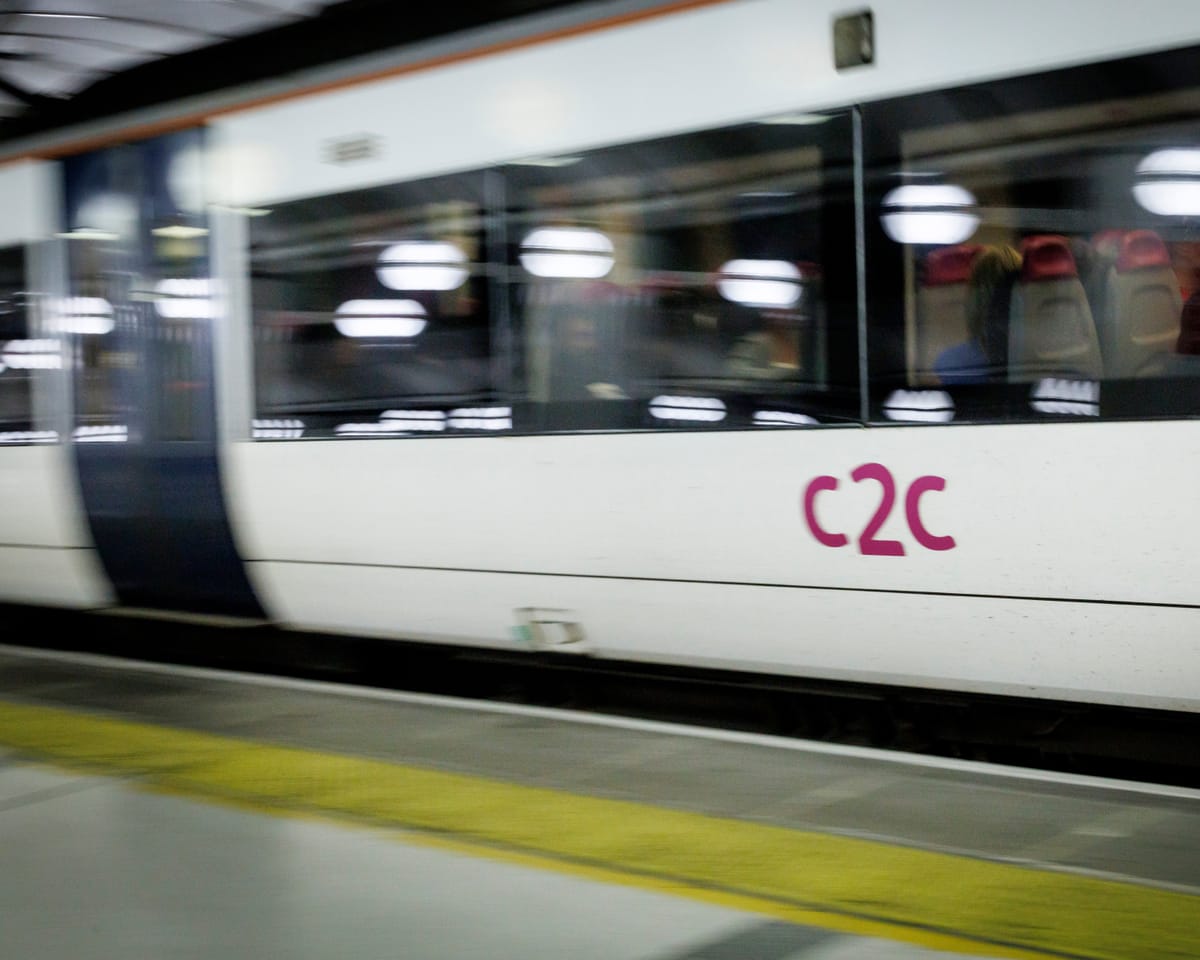Hundreds of Staff Shifted from Transport Department to State Rail Operator as Reforms Proceed
A significant number of civil servants are being reassigned from the Department for Transport (DfT) to the state-run rail operator as part of broader efforts to streamline government operations and restructure the railway system.
While officials have emphasized that there will be no immediate job cuts, industry insiders suggest some roles may eventually be eliminated as employees weigh their prospects outside government employment. The move comes as ministers seek to reduce administrative overlap and lower costs within the nationalized railway sector.
A memo issued to staff by rail director generals Richard Goodman and Alex Hynes described this as a "pivotal stage" in rail transformation, with updated guidance provided to those affected by the changes.
A consultation process is underway that may see around 300 staff relocated this year, many to offices near London Waterloo, as the state-owned DfT Operator Limited (DfTO) assumes control of additional train services.
Recently, the Essex-based C2C commuter line was brought under public management, following the earlier nationalization of South Western services in May.
Under the government’s strategy, remaining passenger services will be reintegrated into state control, with Great British Railways (GBR) overseeing operations. This body will also take on responsibilities currently held by Network Rail, unifying infrastructure and train services.
A DfT spokesperson stated: “No job losses will result from this transition. The 200-300 DfT employees will move to DfTO, bringing their expertise closer to rail operations. This shift will help address the current fragmentation, moving toward a more cohesive system managed by industry professionals.”
DfTO CEO Robin Gisby will depart in December, just before the planned transition to GBR. Having led state-run train operations for seven years, Gisby had initially intended to stay through the reorganization. However, expectations now suggest GBR may not be fully operational until 2028.
The DfT added: "DfTO is entering a crucial period and will soon appoint a new leader to guide the publicly owned rail operators through this transformation, aligning the network under a unified strategy."
Meanwhile, Network Rail’s chief executive, Sir Andrew Haines, is set to retire later this year. Jeremy Westlake, currently chief financial officer, will take over the role.
Their departures coincide with a major operational shift—the introduction of a new rail timetable in December 2025. The changes will incorporate upgrades worth billions on the east coast mainline, enabling faster rail services.
Read next

Ryanair plane had only six minutes of fuel upon Manchester landing, records show
Flight Narrowly Avoids Disaster After Storm Diversion
An inquiry has been launched after a Ryanair flight, struggling against severe winds during storm Amy last week, landed at Manchester Airport with only six minutes’ worth of fuel remaining.
The aircraft had been transporting passengers from Pisa, Italy, to Prestwick, Scotland, on

"Qantas customer data for 5 million exposed as hackers release info post-ransom deadline"
Hackers Leak Personal Data of 5 Million Qantas Customers on Dark Web
A cybercriminal group has released personal records of 5 million Qantas customers on the dark web after the airline did not meet their ransom demand.
The breach is part of a larger global incident affecting over 40 companies,

Investors flee record-high UK stocks as EU set to hike steel tariffs
Investors Withdraw Record Sums from Equity Funds Amid High Market Valuations
Data reveals that investors in the UK have withdrawn an unprecedented amount of money from equity funds over the past three months, driven by concerns over soaring stock market valuations.
According to the latest figures from Calastone, the largest

